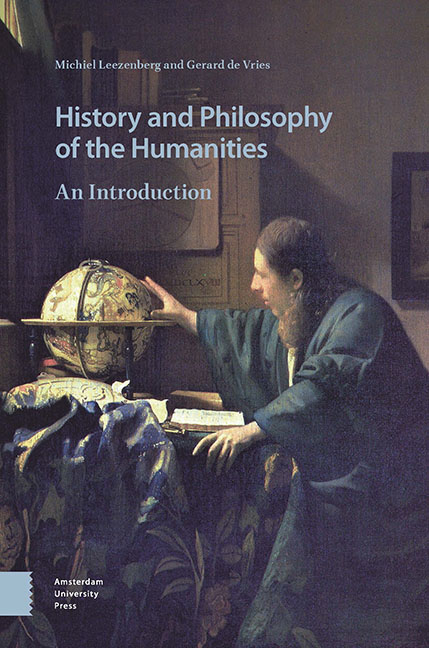8 - Critical Theory
Summary
Karl Marx and Dialectics
The current in the humanities and the social sciences that has come to be known as ‘critical theory’ is based primarily on Karl Marx's dialectical materialist critique of society. Behind his materialism, however, Hegel's spirit looms large. Just as the nineteenth-century hermeneutic and neo-Kantian humanities struggled with the Kantian heritage, twentieth-century critical theory may be said to have struggled with Hegel. Not only did it proceed from the latter's historicizing philosophy of consciousness, also and more specifically it elaborated its dialectics.
None of Hegel's students has been as influential as the philosopher, journalist, and revolutionary politician Karl Marx (1818-1883). His work played a decisive role in the development of the labour movement and communism. But Marx also has had considerable influence outside of politics: alongside Comte, Weber, and Durkheim, he was one of the pioneers of the social sciences, and his views resonate in many a twentieth-century philosopher.
Marx's view of human history follows Hegel's dialectical pattern, but he interpreted its development in more down-to-earth terms than Hegel did. As he put it himself, he turned Hegel upside down. Marx believed that the true motor of history is not spirit in its development but human labour, and he couched the relevant dialectical contradictions in concrete historical rather than abstract philosophical terms. According to him, human history is driven by the contradictions between the working and the propertied classes.
Unlike Hegel, Marx saw the stages of development not as abstract stages in the development of spirit but as socio-economic phases – or, as he calls them, *modes of production, that is, specific stages of economic relations such as feudalism and capitalism. What nineteenth-century philosophers associated with spirit – notions such as thought and culture – was referred to by Marx as the ideological *superstructure, which follows, or is determined by, the development of the base of material economic relations in society. Thus, Marx was a *dialectical materialist. He saw freedom, which Hegel linked to absolute spirit, as the result of the revolution achieved by a working class that has achieved consciousness. After this revolution, the realm of freedom will have finally overcome the realm of necessity and scarcity
From Hegel's dialectic, Marx learned to see that ‘Men make their own history, but they do not make it as they please; they do not make it under self-selected circumstances, but under circumstances existing already, given and transmitted from the past.’
- Type
- Chapter
- Information
- History and Philosophy of the HumanitiesAn Introduction, pp. 209 - 236Publisher: Amsterdam University PressPrint publication year: 2019



